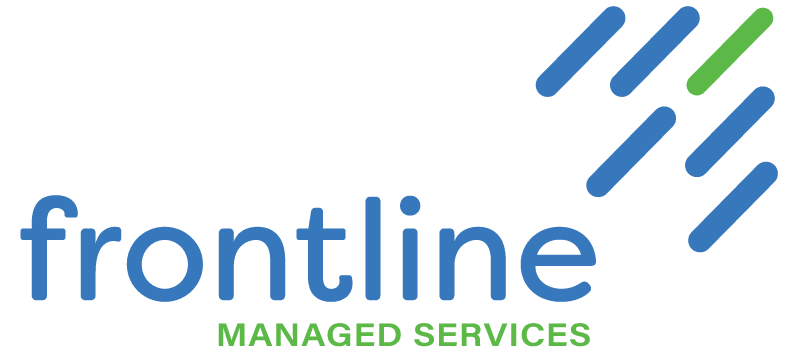Texas Case Seeks to Hold U.S. Immigration and Customs Enforcement, U.S. Customs and Border Protection and U.S Department of Health and Human Services Accountable for Critical Records
Background
From June 2018 to March 2019, Bob Moore, a freelance journalist, submitted five requests under the Freedom of Information Act (FOIA) to three federal agencies including U.S. Customs and Border Protection (CBP), U.S. Immigration and Customs Enforcement (ICE) and U.S. Department of Health and Human Services, for records involving border enforcement, fundamental shifts in the treatment of asylum seekers, and operation of immigration detention facilities in El Paso.
Moore, who subsequently became CEO of El Paso Matters, a nonprofit digital news source for investigative reporting of the El Paso borderland region, was gathering information on how immigration enforcement policies were affecting El Paso. When a FOIA request is made, the government agency is required to communicate a determination regarding the request within 20-30 working days. FOIA serves as a check against corruption and is intended to protect Americans by requiring government transparency.
The Lawsuit
These government agencies have a pattern of untimely communication and refusal to produce documents following records requests. Moore’s requests were acknowledged but never completed, and Moore sued for unlawful refusal to release records. Among other reasons provided, CBP claimed that it did not have the licensing or ability to process the data Moore had requested and that delays stemming from the pandemic contributed to the agency’s inability to produce the requested documents.
Chris Benoit of The Law Office of Lynn Coyle, PLLC, a leading firm in Texas specializing in employment and civil rights law, represents Moore in the suit. CBP requested an extension of the final production deadline and argued that exceptional circumstances warranted an Open America stay of proceedings, which allows for sufficient time to reach a FOIA request if due diligence is given.
Based on the research and review of CBP’s document processing rates, Benoit determined that CBP did not appear to be exercising due diligence, even considering potential disruptions caused by the pandemic.
To strengthen its case, Benoit needed an expert witness to review CBP’s claims due to their complex, technical nature.
Expert Opinion Provided
The Law Office of Lynn Coyle, PLLC engaged Kyle Campbell, VP of Litigation Support Services at Frontline Managed Services, to leverage his experience and industry knowledge in the case to assess CBP’s assertions.
Campbell carefully reviewed all relevant documents and was able to identify key holes in CBP’s claims and provided expert testimony to contend that CBP’s position was not supported. CBP claimed it did not have enough storage space on its network nor processing bandwidth licensed on its document review platform. Campbell’s understanding of CBP’s document review platform and similar systems, and his review of CBP’s IT budget, concluded that CBP should have been able to search for and retrieve the requested documents in a matter of months. He testified that CBP’s response rate was unacceptably low. Campbell meticulously compared review rates month-over-month and opined that CBP’s document productions, to-date, were worthy of scrutiny and may not reflect a truly diligent effort to fulfill Moore’s FOIA requests.
Finally, Campbell confirmed that the agency’s available eDiscovery a process methods could have been readily used to complete the requests.
The court found that the record’s “repeated missed deadlines, unexplained adjustments, and limited communication from [CBP]” support a finding that the agency failed to exercise due diligence in processing plaintiff’s FOIA requests.
eDiscovery Process Results
The Court ruled that CBP must follow a production schedule and provide Moore with weekly status updates to track progress and developments of the requests for the duration of the case.
CBP was granted an extension to finalize the requests, but for a shorter amount of time than the agency requested. The Court also ruled that evidentiary hearings will be set every thirty days for the duration of the case, which is ongoing.
Campbell’s high-level of expertise regarding systems operations and eDiscovery process best practices helped build critical support for Moore’s case. Usable search terms were determined, and some of the information was successfully retrieved. Moore commented that without Campbell’s affidavit, the outcome would not have been as strong against CBP.
Pursuant to the Court’s order, CBP is now complying with an accelerated production schedule to ensure that Moore is able to receive his information.

